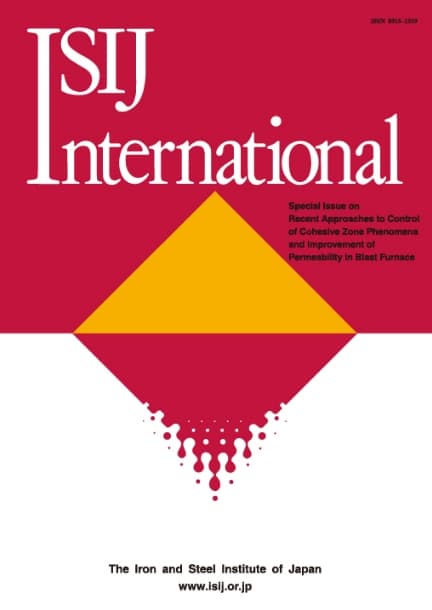Fossil fuel-based carbon is widely used in iron and steelmaking in a number of forms, and the replacement of these materials with renewable carbon derived from biomass is seen as offering the greatest potential to reduce the greenhouse gas footprint of steel production. Life cycle assessment methodology has been used to estimate the greenhouse gas footprint of charcoal production from biomass, as well as the potential reductions in greenhouse gas emissions from the use of charcoal from biomass in the integrated, mini-mill/EAF and direct smelting steelmaking routes. The results indicated that the use of charcoal in the integrated steelmaking route in likely applications and substitution rates has the potential to reduce the greenhouse gas footprint of steel by 0.69–1.21 t CO2e/t steel (or 31–57%) without any charcoal production by-product (bio-oil and electricity) credits, and by 0.91–1.61 t CO2e/t steel (42–74%) with these by-product credits included. The corresponding reductions for the mini-mill/EAF and direct smelting routes were 0.028–0.056 t CO2e/t steel (5.5–11%) and 0.34–1.70 t CO2e/t steel (16–80%) without by-product credits, and 0.037–0.075 t CO2e/t steel (7.3–14.7%) and 0.45–2.25 t CO2e/t steel (21–106%) with by-product credits respectively. However, the magnitude of the by-product credits depends on the by-product yields in the charcoal retort, which in turn are dependent on a number of factors, in particular, the nature of the pyrolysis process (fast or slow) and the biomass feed composition.
Estimates of the potential plantation areas available to grow the biomass required to produce charcoal for steelmaking purposes in a sustainable manner, together with estimates of sources of biomass residues suggest that it is possible that an appreciable amount of the world's steel production can utilise charcoal in place of coal or coke over the coming decades. However, transportation is expected to be a significant issue affecting the cost of charcoal delivered to steel plants in all biomass source scenarios. Other issues such as technical aspects of charcoal use in steelmaking and economics will also play a significant role in the uptake of charcoal from biomass as a source of renewable carbon for iron and steelmaking.










